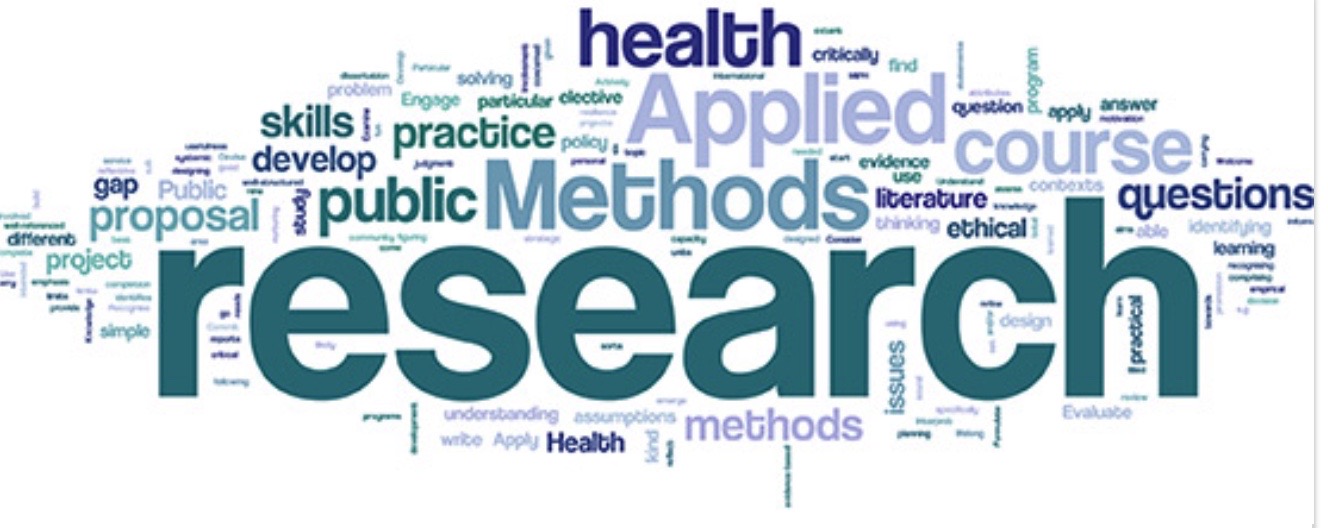Thematic Issue | Legacies of Bhopal: 40 years on – Call for Papers
Qualitative Research in Medicine and Healthcare invites original manuscripts, reviews, case reports, and pedagogical activities focused on the legacy of the Bhopal Gas Disaster, known as ‘the world’s worst industrial disaster’.
December 3, 2024, will mark 40 years since 40 metric tons of the deadly methyl isocyanate (MIC) gas leaked from the Union Carbide plant in Bhopal, India. In these past 40 years, the still-unfolding disaster has shaped environmental/occupational health and justice worldwide. For instance, responding directly to the disaster, the U.S. Congress enacted the Emergency Planning and Community Right-to-Know Act (EPCRA) and the Toxics Release Inventory. Moreover, the disaster continues to serve as a point of reference for toxics-impacted communities globally.
The events of December 3rd are the most well-known aspect of this disaster. Less studied is the “slow violence” wreaked by the lack of clean-up, groundwater contamination, and chronic and intergenerational health impacts. Despite a longstanding dismissal of survivors' legal and medical claims, survivor-led and on-the-ground support groups creatively address the needs of the impacted communities. Workers' alliances and community-led social movement groups sustain a transnational movement for justice, engage in citizen science, have developed holistic approaches to relieving survivors’ chemical body burdens, and attend to the broader environmental health crisis.
Frontline communities are typically subject to “toxic gaslighting” that constructs their lived experiences as inaccurate, exaggerated, or suspicious “voices of the side effects”. Qualitative studies of environmental health disasters help mitigate the harms done by technical models of risk communication, which dismiss community-based, sensory, embodied, intuitive, and experiential knowledges.
The co-editors for this special issue invite papers that focus on the Bhopal Gas Disaster and its legacies and impacts worldwide. Papers need not directly focus on the Bhopal gas disaster but must refer to and center its legacy. Heeding Dr. Eve Tuck’s crucial call to cease “damage-centered research,” we invite papers that resist the tendency to portray Bhopal’s survivors and frontline communities solely in terms of victimhood, pain, and strife. Papers can include research studies, first-person accounts, book reviews, and relevant pedagogical activities.
Find more information HERE


